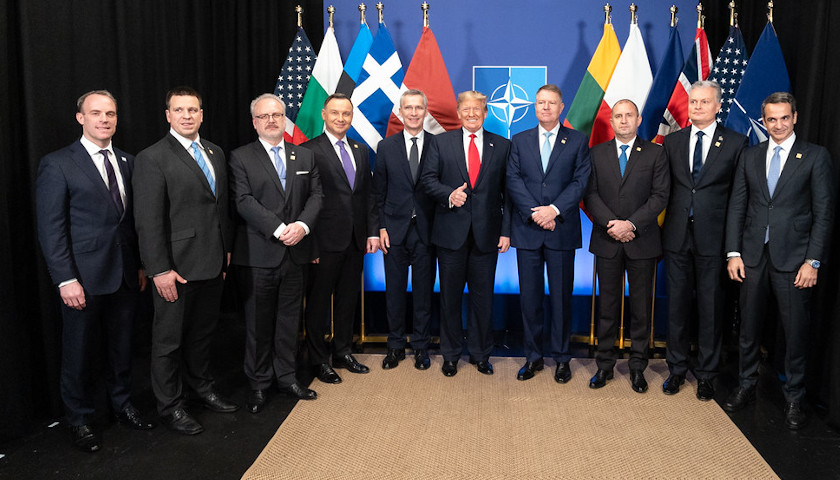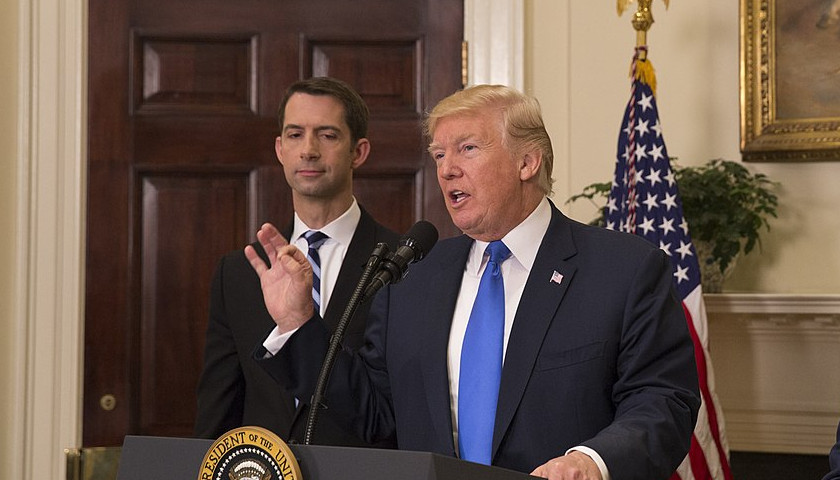A map of the U.S. showing land under federal control paints large swaths of the West. In August, Utah filed a lawsuit against the federal government, arguing that it’s unconstitutional for the feds to retain unappropriated land in a state indefinitely.
Since the lawsuit was filed, a dozen other states, including Idaho, Alaska and Wyoming, have filed briefs asking the court to hear the case. Additionally, a coalition of counties in Arizona and New Mexico, the Pacific Legal Foundation, the Utah Legislature and the Wyoming Legislature have also filed briefs in support of the lawsuit.
Read the full story






